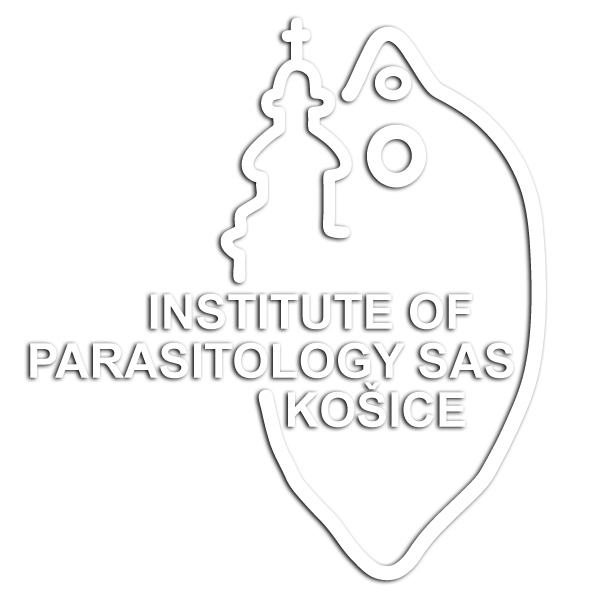- Laboratory of Tick Ecology
is focused on the parasite-host and parasite-environment interactions and revealing the reasons of different preference to hosts and to environment (mosaic distribution) using interdisciplinary approaches. Is focused on the impact of global changes on spreading of ticks into new areas. Is uses geographic information system (GIS).
- Laboratory of Molecular Biology
is focused on epidemiology and epizootology of viral (tick borne encephalitis virus), bacterial (Borrelia, Anaplasma, Rickettsia, Bartonella) and parasitic (Babesia, Hepatozoon) diseases. It studies ecology, genetic variability, phylogeny and phylogeography of pathogens and clarifies possible transmission routes of pathogens in natural foci.
- Laboratory of Medical Zoology
The research is focused on pathogens maintained small mammals in natural foci, small mammals relationships to the environment, reproductive potential of rodent species (mainly Apodemus spp.), the role of small mammals as hosts of ticks, mites, fleas and lice, as well as the role of small mammals as a reservoir pathogen in natural foci. The research is aimed at study of the parasitic – host interactions in the system pathogen-vector-host/reservoir-environment using modern molecular and statistical methods.
